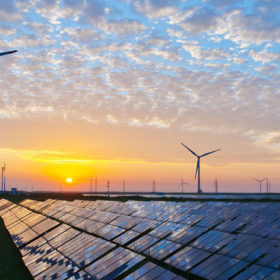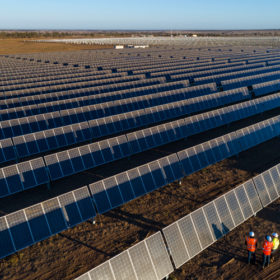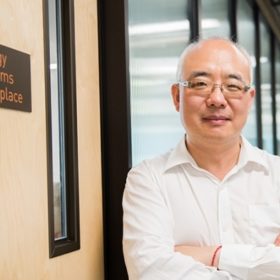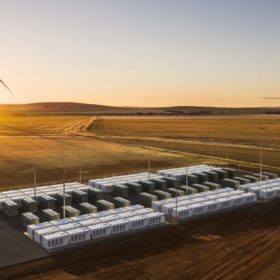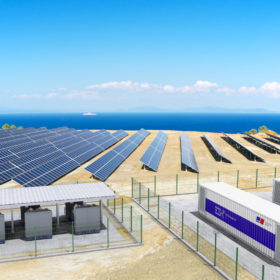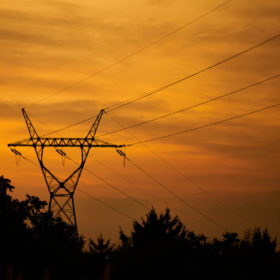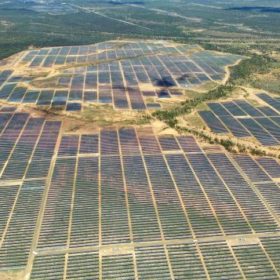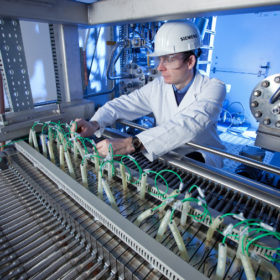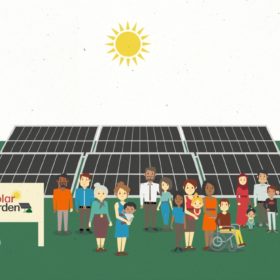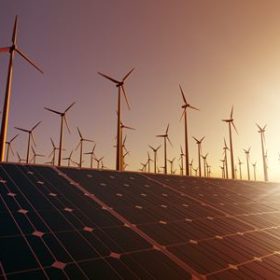Energy incumbents attempt to hinder AEMO with hot air report
Energy industry incumbents the Australian Energy Council and Energy Networks Australia hired UK firm Cambridge Economic Policy Associates to review the Australian Energy Market Operator’s “governance framework”. In principle, a review of the AEMO’s governance given its widening role in Australia’s energy future is valuable, but this report is about as useful as a toothpick to a pelican.
QLD is in the zone – opens new renewable energy zones for proposals
The Queensland Government has opened the registrations of interest period for its three planned and well-funded Renewable Energy Zones. The Sunshine State is calling on the renewables sector to come forward and lead Queensland’s renewable revolution.
UNSW’s grid-guru Prof. Dong nominated for global energy gong
University of New South Wales’ Professor Joe Dong, the grid-guru overseeing some of the most innovative and integral research projects determining Australia’s trajectory to a grid energised by renewables, has been nominated for the Global Energy Prize.
Goyder Renewables Zone off to a capital start as ACT charges up two big batteries
The forecast for the ACT is two big batteries and gale-force winds as the territory’s Government awarded two considerable contracts in its latest ‘reverse auction’, including a 14-year contract with Neoen, the first for its massive Goyder Renewables Zone.
Solar-plus-storage for the Cook Islands
Around 4.2 MWh of energy storage capacity will be connected to a solar and diesel micro-grid on Rarotonga, the largest of the islands in the South Pacific nation. Three 40-foot containers with a total power output of 4.8 MVA will be used as a power reserve and for grid support by utility Te Aponga Uira.
NREL scientists encourage ‘optimal’ PV curtailment
Solar curtailment might become a valuable aspect of future PV deployment, particularly if grid operators start focusing on ‘curtailment management’ instead of ‘curtailment prevention.’ Management would include measures such as flexible generation, storage, load flexibility, and regional coordination.
QLD to go it alone with $500 million Renewable Energy Fund to lead green recovery
After being ignored by the Federal Government, Queensland has announced a $500 million Renewable Energy Fund for state-owned energy corporations to invest in commercial renewable project and infrastructure, a particular complement to QLD’s three pending Renewable Energy Zones.
Australian Hydrogen Council supports emerging export market
The move by Standards Australia has set the stage for Australia to play an important role in the growing hydrogen economy. Eight international standards for hydrogen were adopted in the process. The time is now, argues the Australian Hydrogen Council Fiona Simon, for these standards to be adopted into regulations to enable a new hydrogen export industry.
Australia’s first large scale solar garden – city dwellers of the world, unite!
Almost a third of Australians are locked behind the solar barrier, they’re renters, tenants, urban apartment-dwellers who don’t have the luxury of installing their own solar PV. However, now city-dwellers can participate in the solar transition too, by becoming members of the Haystacks Solar Garden which operates in much the same way as community garden.
ANU study shows Australia still leading per capita renewable uptake, but policy is stifling progress
New analysis from The Australian National University along with recently published figures from the Clean Energy Regulator demonstrate that Australia remains the world leader in wind and solar deployment per capita, particularly rooftop PV. However, federal policy is failing to invest in desperately needed infrastructural upgrades.
